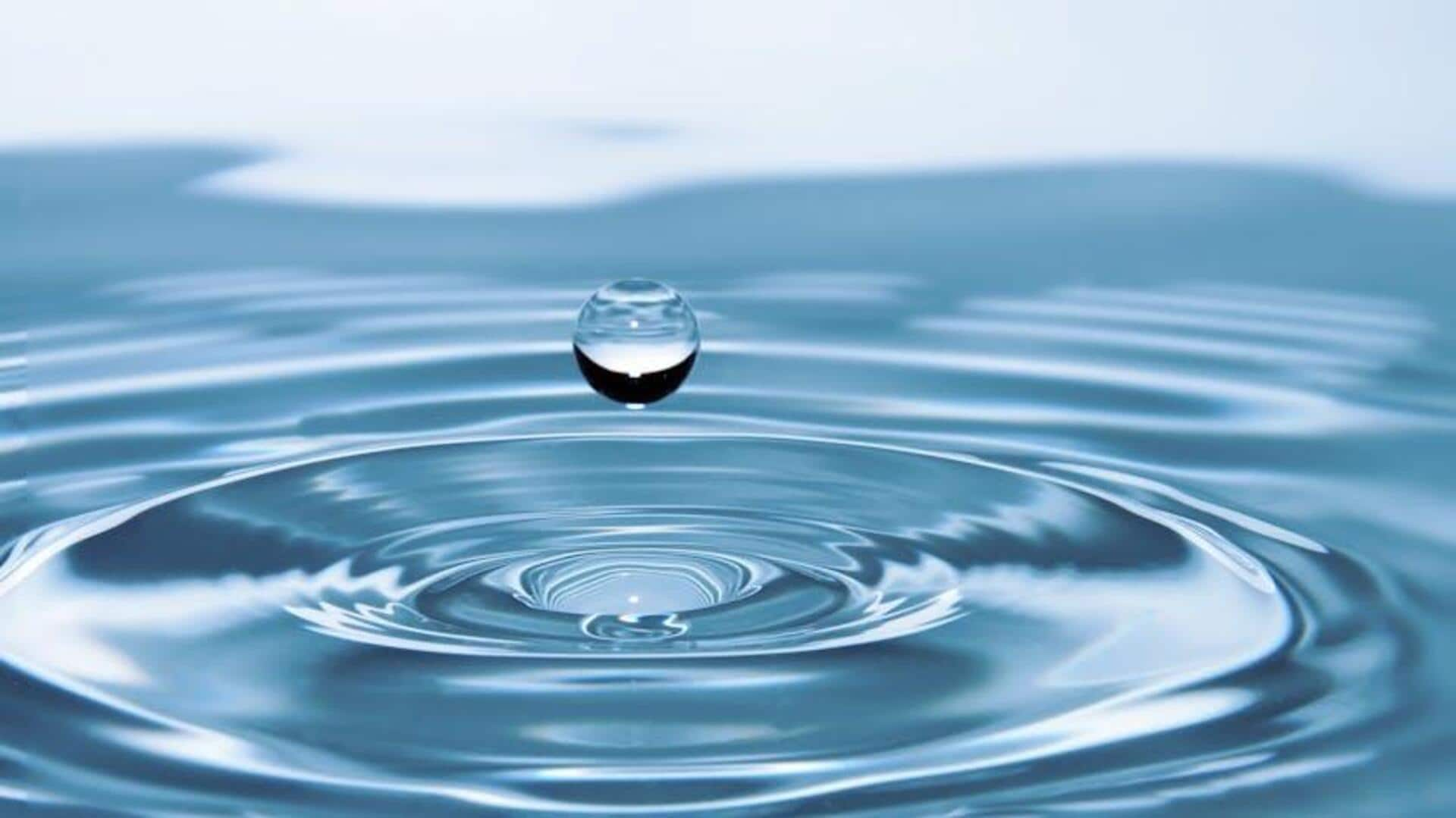
Design water conservation systems in Africa like a pro
What's the story
Water scarcity is one of the most significant challenges confronting Africa, necessitating the development of effective water conservation strategies.
This article delves into the practical methods and technologies that can be employed to manage and conserve water resources efficiently.
By grasping these techniques, you can contribute to sustainability and build resilience against water scarcity.
Local needs
Understand local water needs
Before creating a water conservation system, it's important to identify the specific water needs of the local community.
This means determining how much and what quality of water is required for drinking, farming, and sanitation.
By conducting surveys and research, you can pinpoint these needs and design a system that effectively meets the community's challenges.
Rainwater harvesting
Incorporate rainwater harvesting
Rainwater harvesting is a simple and effective solution that can greatly enhance water accessibility in Africa.
By channeling rainfall from rooftops or other surfaces into storage reservoirs, communities can create a dependable alternative water supply.
This not only alleviates dependence on ground or surface water, but also reduces soil erosion and mitigates flooding risks.
Plus, establishing rainwater harvesting systems is straightforward and provides immense advantages for water preservation.
Drip irrigation
Utilize drip irrigation systems
Agriculture is the most significant user of water in Africa.
Drip irrigation addresses this issue by transporting water directly to the roots of plants, preventing evaporation and ensuring optimal use of moisture.
This technique significantly enhances yield while using less water.
Although the initial investment is more expensive, the long-term advantages in water conservation and productivity are substantial.
Saving technologies
Promote water-saving technologies
Embracing modern technologies that prioritize efficiency and responsible resource use is crucial for water conservation success in Africa.
By installing water-efficient devices like low-flow toilets, showerheads, and faucet aerators, households can significantly cut down on water waste without sacrificing convenience or hygiene.
Plus, raising awareness about easy habits like repairing leaks quickly or reusing greywater for gardening can amplify conservation efforts.
Community engagement
Foster community engagement
The key to success lies in actively involving local communities in the planning, implementation, and maintenance of water conservation systems.
Participation in decision-making and knowledge of benefits fosters a sense of ownership, motivating the adoption of sustainable practices.
Through workshops, training sessions, and awareness campaigns, a culture of conservation is nurtured, securing communities' long-term commitment to the effective management of their precious resources.